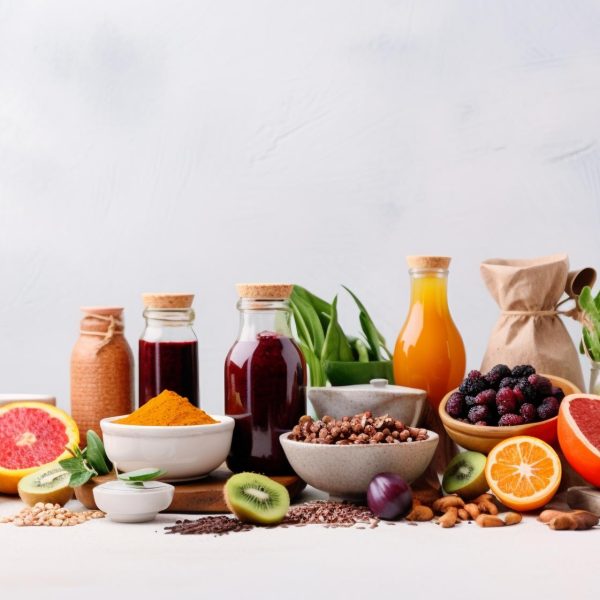Hormones play a crucial role in our overall health and well-being – physical and mental. Understanding the key hormones and how they impact us can go a long way in identifying health issues brought on by imbalances.
What are Hormones?
Put simply, hormones are your body’s chemical messengers. They are natural substances produced by different glands and help relay messages between cells and organs thereby affecting a variety of bodily functions. Everyone has what is considered ‘male’ and ‘female’ sex hormones.
Role of Female Hormones
Estrogen and Progesterone are the two major and most commonly known female hormones. There are also a variety of other hormones which play a part in maintaining the body’s processes – let’s take a look at 5 key ones!

Estrogen
Estrogen is one of the two key female sex hormones, produced mostly in the ovaries, and in limited quantities in the adrenal glands and fat cells. It is primarily responsible for regulating puberty, menstruation, pregnancy and menopause. The hormone also affects the cardiovascular, hair, skin and urinary tract. Higher than usual levels of Estrogen increase risks for breast & uterine cancer, and can also lead to depression or general moodiness. Lower than-usual levels lead to issues like hair loss, acne and thinning skin.
Progesterone
Progesterone is produced in the ovaries, adrenal glands and the placenta. This hormone is responsible for stabilizing menstrual cycles and preparing the body for pregnancy. Therefore its secretion increases during ovulation and spikes during pregnancy. Lower than normal levels of secretion can lead to irregular periods and difficulties in conceiving.
Testosterone
While classified as the primary ‘male’ hormone, it may surprise you that Testosterone is also produced in females, although in much lower amounts. In women, the hormone affects fertility, menstruation, sexual desire and tissue & bone mass. Higher than usual secretion levels in women can cause more body & facial hair, irregular periods, low libido and acne.
Cortisol
Cortisol is produced by the adrenal gland in both sexes and determines the body’s natural stress response. The hormone is responsible for dictating the ‘fight or flight’ response and shifts the body into survival mode in the presence of any danger. Higher than usual secretion of Cortisol can cause anxiety, hypertension and high cholesterol. Lower than normal levels can cause issues like fatigue, weakness, appetite loss and low blood pressure.
Serotonin
Serotonin is produced by the Pineal gland and is responsible for controlling our mood, memory, learning ability, sleep and overall mental well-being. Low levels of this hormone can lead to anxiety, depression, insomnia, weight gain and migraines. On the other hand, higher-than-normal levels can cause restlessness, confusion, high blood pressure and lethargy.


















Share this article